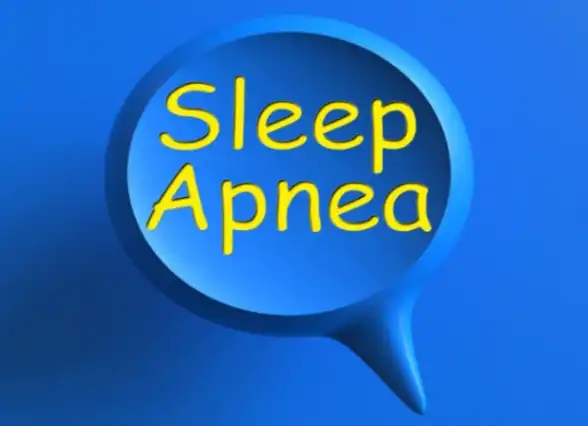Sleep Apnea Can Affect Heart Health
Sleep apnea, a common sleep disorder, can seriously affect heart health in several ways.
Get insurance benefits, legal documents, and medical records in one place

Helpful Highlights
Minor shifts in our sleep, such as just one hour more or one hour less, can have a measurable impact on heart health.
Untreated sleep apnea is linked to high blood pressure and the development of cardiovascular disease (CVD).
Untreated sleep apnea can also lead to other health problems such as sleep deprivation and type 2 diabetes.
Sleep apnea can contribute to cardiovascular disease (CVD) and poor heart health in several ways.
Oxygenation
Sleep apnea causes repeated pauses in breathing during sleep, leading to corresponding drops in blood oxygen levels. This cycle of low oxygen followed by oxygen recovery can trigger systemic inflammation, oxidative stress (inability to detoxify the body), and activation of the sympathetic nervous system to speed up heart rate and breathing, which contribute to cardiovascular dysfunction and damage.
Response to danger
In addition to elevated heart rate, increased sympathetic nervous system activity (mechanisms that kick in to combat danger) increases blood pressure and cardiovascular workload during sleep. This can place additional strain on the heart and blood vessels over time, increasing the risk of chronic high blood pressure (hypertension), irregular heartbeats (arrhythmias), and many other cardiovascular complications.
Cycling oxygen levels and sympathetic nervous responses can impair the function of the lining of blood vessels (endothelium). This dysfunction is a precursor to atherosclerosis, the buildup of plaque in the arteries, which can lead to coronary artery disease, heart attacks, and strokes.
Metabolism
Sleep apnea is also associated with insulin resistance, glucose intolerance, abnormal lipid levels, and obesity. These are collectively known as metabolic syndrome. These metabolic disturbances are all independent risk factors for cardiovascular disease and can worsen the cardiovascular effects of sleep apnea.
Arrhythmias
Sleep apnea increases the risk of cardiac arrhythmias, including atrial fibrillation, ventricular tachycardia, and bradyarrhythmias (slow heartbeats). These abnormal heart rhythms can disrupt normal heart function, reduce cardiac output, and increase the risk of stroke and sudden cardiac death.
Mentation
Finally, sleep apnea can cause sleep deprivation, which has detrimental mental effects in addition to physical ones. Sleep deprivation can cause slower mental processes, confusion, errors in judgment, and worst - psychosis.
Overall, sleep apnea is closely linked to cardiovascular disease and poor heart health due to its effects on oxygenation, sympathetic nervous activity, endothelial function, metabolism, and heart rhythm. Treatment for sleep apnea can help mitigate these cardiovascular risks and improve overall heart health.
RESOURCES
American Heart Association (AHA)
American Thoracic Society (ATS)
Kohli, P., Balachandran, J.S., & Malhotra, A. (2011). Obstructive sleep apnea and the risk for cardiovascular disease. Current Atherosclerosis Reports, 13(2), 138-146. DOI
No content in this app, regardless of date, should ever be used as a substitute for direct medical advice from your doctor or other qualified clinician.
Get more support and guidance on insurance benefits, medical records and legal forms.
Helpful brings together your insurance benefits, legal documents, and medical records in one personalized place — so you always know what you have, and never have to search again.

Technology for Health Tasks. Mental Health for the Tough Stuff.
Helpful connects your medical records, insurance, and caregiving tasks automatically. And when you need more than logistics, a therapist is here to guide you.
In-Network and Covered
For Individuals, Couples and Families
HIPAA Compliant, Data Stays Private


Healthcare Tasks Simplified

From syncing records to spotting drug interactions, Helpful does the heavy lifting, turning complex health info into clear tasks and showing you benefits you can actually use, giving you clarity and control over your care.

In-Network Mental Health

Our licensed therapists are here to support you and your loved ones through stress, burnout, and life’s hardest moments, with an inclusive, compassionate approach that works with most insurance plans.

Create Legal Documents

Plan ahead by creating will, trusts, advance directives and more, that ensure your wishes are honored in the event you can’t speak for yourself -with Helpful guiding you every step of the way.